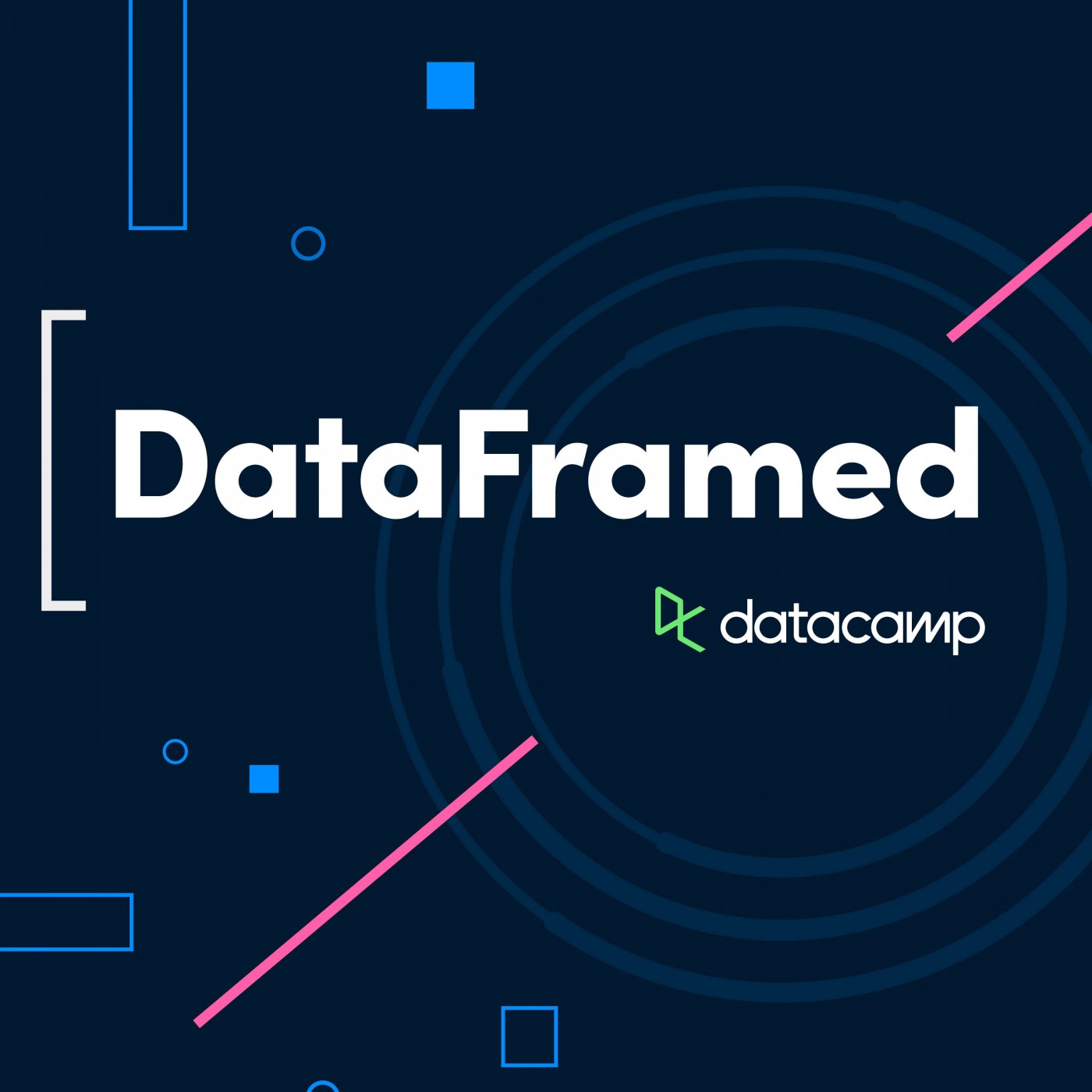
Deep Dive
What is the primary challenge in data governance according to Sarah Levy?
The biggest challenge is that business leaders often cannot trust the numbers reported by their data products, despite significant investments in data tools and teams.
What is a semantic layer in the context of data governance?
A semantic layer is a centralized store for certified definitions of calculations and metrics, providing a single source of truth for data context and ensuring consistency across an organization.
Why is a semantic layer important for organizations?
It ensures consistency and alignment across an organization by providing a central source of truth for metrics, which is crucial for trust in data-driven decisions and for training AI tools.
What are the main steps in implementing a semantic layer?
The steps include curating and mapping metrics, resolving inconsistencies, coding them, and building a workflow to maintain the layer over time.
Who needs to be involved in creating and maintaining a semantic layer?
Business analysts, data engineers, and analytics engineers are all involved. Business analysts define the logic, analytics engineers implement it, and engineers ensure it is coded and governed properly.
What is the role of analytics engineers in data governance?
Analytics engineers bridge the gap between business and data teams, owning the semantic layer and ensuring it is well-architected, coded, and maintained.
How does AI impact the role of analytics engineers?
AI tools require a governed semantic layer to function effectively, making analytics engineers critical for implementing and maintaining the layer that AI models rely on.
What is a governance score and why is it important?
A governance score measures how much of an organization's data assets rely on governed metrics and tables. It helps organizations understand how much they can trust their data and where improvements are needed.
How should organizations prioritize which metrics to govern first?
Organizations should prioritize metrics and dashboards that are highly utilized or where significant resources are invested, as these are indicators of high business value.
What is the relationship between a semantic layer and AI-driven analytics?
A semantic layer is essential for enabling AI-driven analytics by providing a certified set of definitions that AI tools can use to generate trustworthy insights.
How can data governance encourage innovation while maintaining control?
Governance should allow analysts to create and experiment freely in their preferred tools, while observability tools identify which creations gain traction and should be added to the semantic layer.
What is Sarah Levy's mission with her company, Euno?
Her mission is to help large-scale data teams easily understand and derive value from their data by facilitating the creation of a central governed semantic layer and enabling AI adoption.
Shownotes Transcript
We’re improving DataFramed, and we need your help! We want to hear what you have to say about the show, and how we can make it more enjoyable for you—find out more here).
Imagine spending millions on data tools only to find you can’t trust the answers they provide. What if different teams define key metrics in different ways? Without a clear, unified approach, chaos reigns, and confidence erodes. What role do data governance and semantic layers play in helping you trust the AI tools you build and the insights you get from your data?
Sarah Levy is a seasoned executive with extensive experience in data science, artificial intelligence, and technology leadership. Currently serving as Co-Founder and CEO of Euno since January 2023, Sarah has previously held significant positions, including VP of Data Science and Data Analytics for Real Estate at Pagaya and CTO at Sight Diagnostics, where innovative advancements in blood testing were achieved. With a strong foundation in research and development from roles at Sight Diagnostics and Natural Intelligence, as well as a robust background in cyber security gained from tenure at the IDF, Sarah has consistently driven impactful decision-making and technological advancements throughout their career. Academic credentials include a Master's degree in Condensed Matter Physics from the Weizmann Institute of Science and a Bachelor's degree in Mathematics and Physics from The Hebrew University of Jerusalem.
In the episode, Richie and Sarah explore the challenges of data governance, the role of semantic layers in ensuring data trust, the emergence of analytics engineers, the integration of AI in data processes, and much more.
Links Mentioned in the Show:
- Euno)
- Connect with Sarah)
- Course: Responsible AI Data Management)
- Related Episode: How Data Leaders Can Make Data Governance a Priority with Saurabh Gupta, Chief Strategy & Revenue Officer at The Modern Data Company)
- Rewatch sessions from RADAR: Forward Edition)
New to DataCamp?
- Learn on the go using the DataCamp mobile app)
- Empower your business with world-class data and AI skills with DataCamp for business)
